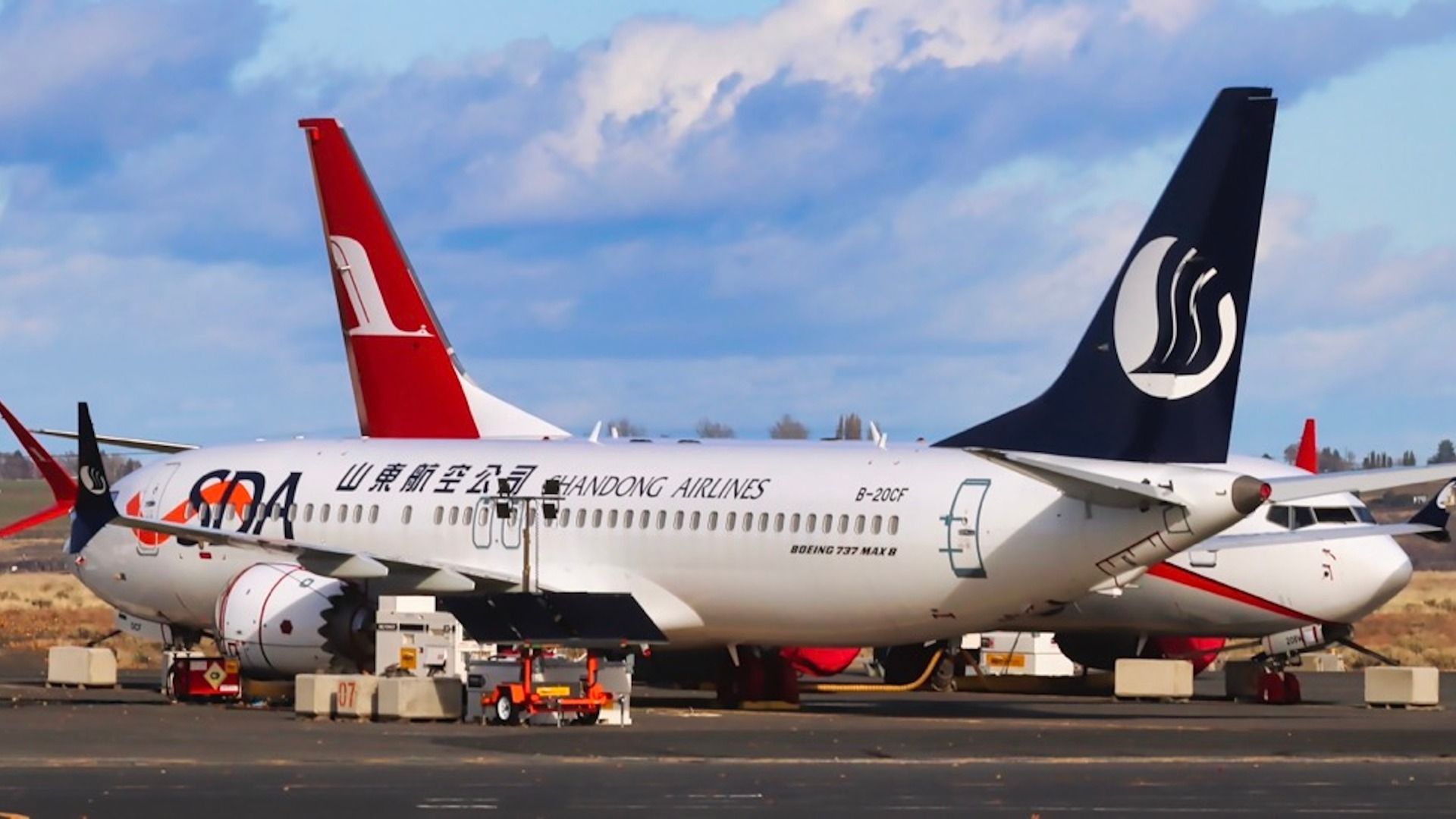The Federal Aviation Administration (FAA) is currently evaluating Boeing’s monthly production cap for the 737 MAX jets, which is set at 38 planes per month. This review comes as the FAA continues to monitor production at Boeing’s facility in Renton, Washington, ensuring that each aircraft meets stringent safety standards. Although Boeing has not formally requested an increase in production, the company has recently reached this limit, with both the 737 MAX 7 and 737 MAX 10 variants expected to receive certification soon.
Boeing is actively producing the 737 MAX 8 and 737 MAX 9 models, while the new variants, the 737-7 and 737-10, are anticipated to be fully certified by the end of this year. Airlines, including Southwest Airlines, have placed significant orders for these models, indicating a strong demand for the aircraft. The production challenges Boeing has faced with the 737-8 and 737-9 highlight the ongoing impact of past safety issues, particularly those stemming from the tragic crashes of Lion Air Flight 610 and Ethiopian Airlines Flight 302, which resulted in nearly 350 fatalities.
FAA Administrator Bryan Bedford addressed reporters on September 8, 2023, stating, “Progress is being made. It may not be as fast perhaps as Boeing would like, but it is as fast as we can reasonably move through the process.” He emphasized that the FAA’s review process is thorough, with frontline inspectors playing a critical role in determining if Boeing has met the necessary milestones for any changes to the production cap.
Challenges and Future Prospects
Boeing’s production of the 737 MAX has been marked by challenges, particularly regarding quality assurance. The FAA imposed the current production cap following the crashes and subsequent grounding of the 737 MAX fleet. In addition, a recent incident involving an Alaska Airlines flight, where a door plug blew out mid-flight, led to increased oversight and heightened safety protocols.
Looking ahead, Boeing is in the process of integrating its fuselage and aerostructures manufacturer, Spirit Aerosystems, into its operations. The company aims to resolve lingering certification issues concerning engine de-icing and potential cabin safety concerns related to overheating, with hopes that these will be addressed by the end of the year.
As 2026 approaches, Boeing faces mounting pressure to fulfill large orders from major airlines including Emirates and United Airlines, many of which have placed orders exceeding 100 planes each. The successful resolution of these certification issues is crucial for Boeing to regain its footing and potentially outpace Airbus in delivery performance.
Boeing plans to conduct tabletop exercises with the FAA to demonstrate its crisis resolution capabilities without compromising on safety or quality. These efforts may pave the way for an increase in production capacity, allowing the company to better meet the demands of its customers while ensuring the safety and reliability of its aircraft.
As the situation unfolds, the aviation industry and stakeholders will be closely watching how Boeing navigates these challenges and whether it can effectively manage production expectations while adhering to stringent regulatory requirements.





































































